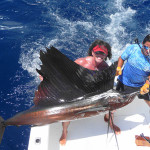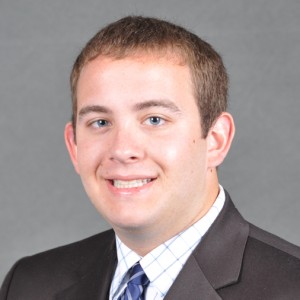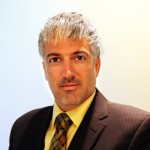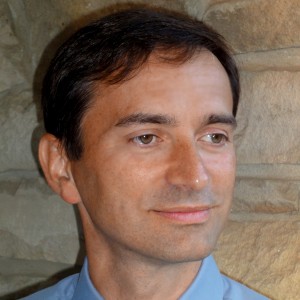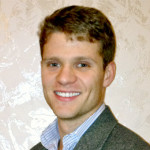
Gregory Fake
On any given day, Gregory Fake can be found talking with bestselling, celebrity, and children’s authors while developing segments for the award-winning Lifetime Television series, The Balancing Act. “I wouldn’t have it any other way,” explains Gregory Fake, “I have a longtime passion for literature.”
Beginning at an early age, Gregory Fake developed a love for reading and the written word. In fourth grade, he read 140 books, more than any other student at Sam Houston Elementary School that year. Small wonder, considering Gregory Fake’s parents were both writers and reading and writing were commonplace in his household.
As an adult, Gregory Fake is captivated by fantasy and science fiction writing and is especially fond of the great authors, C. S. Lewis and J. R. R. Tolkien. “These two authors with similar childhood stories, who later went on to become friends at one point, were able to create fantastical worlds like no other,” offers Gregory Fake. “While C. S. Lewis developed an early interest in animals and bringing life to animals, J. R. R. Tolkien created his own languages with his cousins. The basis for their great novels was born well before either one of them knew it,” Gregory Fake continues.
Much like these great authors, Gregory Fake leveraged his childhood of watching his grandfather excel in high steel and listening to him discuss the stock market, into a successful business and now television production career. Today at The Balancing Act, Gregory Fake is able to combine his business training and experience with creativity and know-how to produce provocative, empowering television for women. While he would love to be a renowned author, he is grateful for the current influence of literature and words in his work in television.
Not surprisingly, Gregory Fake is currently exploring the works of the various authors who were members of the Inklings, a literary club formed in the 1930’s at Oxford University, which included Lewis and Tolkien. His love of fantasy and science fiction allow Gregory Fake to bring creativity and intrigue to The Balancing Act morning program each week.
Gregory Fake received a degree in Economics from the University of Pennsylvania and a law degree from Georgetown. He has consulted for Fortune 500 companies and has practiced banking law. Residing in Pompano Beach, Florida with his wife and kids, Gregory Fake enjoys fishing, volunteering at his church, and spending time on the beach with his family.

